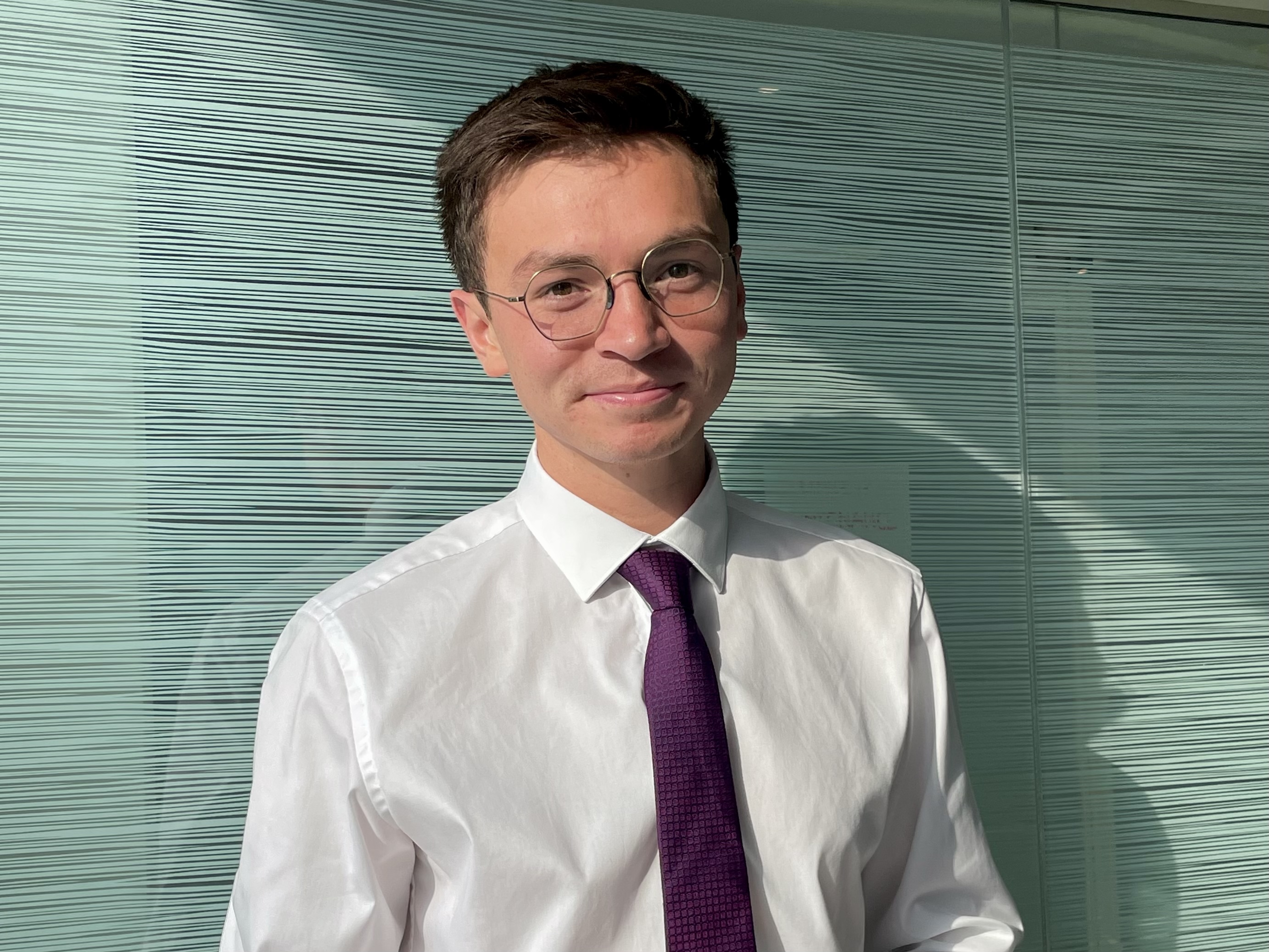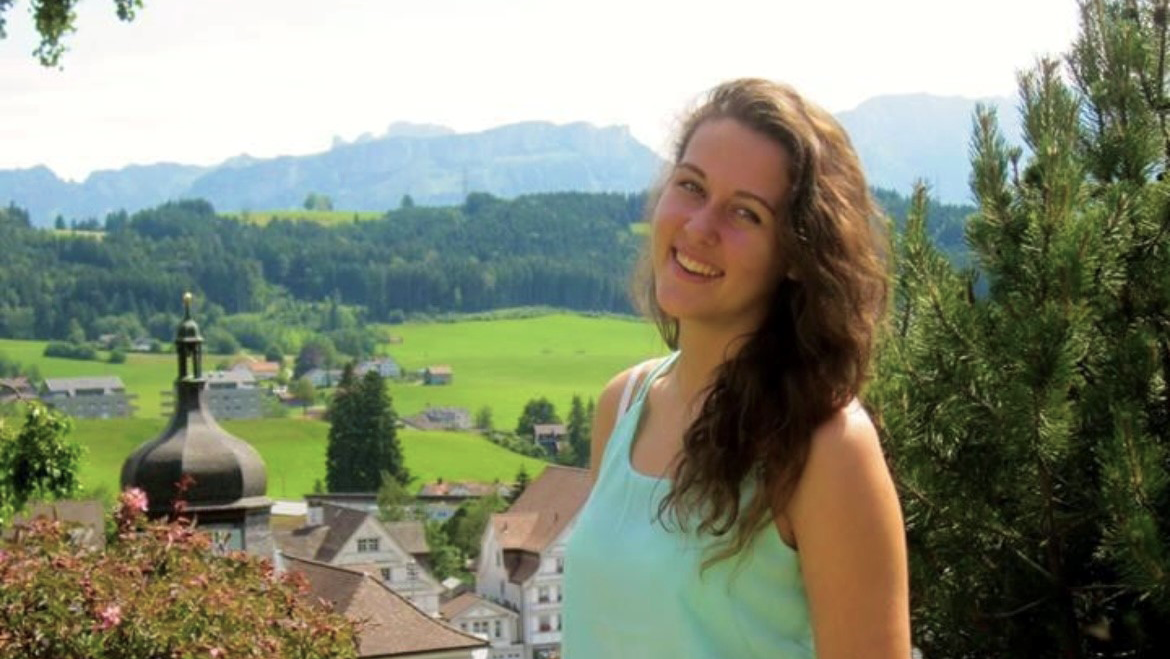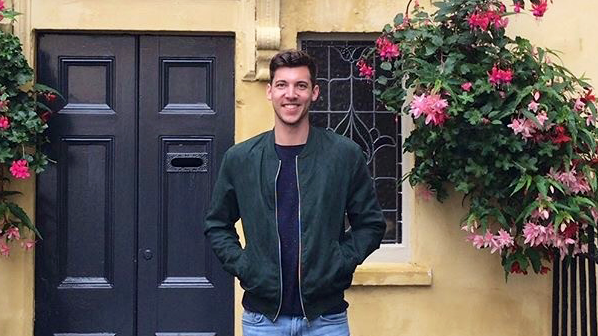Having studied a bachelor’s degree in economics, Jordan graduated from MSc Applied Psychology and Economic Behaviour at Bath in 2020.
We spoke to him to hear about his exciting career as a behaviour insights specialist in the UK and abroad.
Choosing my master’s
I found behavioural economics fascinating and wanted to delve more deeply into the intersection between economics and psychology; so MSc Applied Psychology and Economic Behaviour was perfect.
Bath had the perfect balance of high student satisfaction, high performing economics and psychology departments, experts in applied policy research, and was situated in a beautiful part of the UK. You can enjoy an urban city life, but also can be in the great outdoors within minutes. The campus is extremely welcoming, with a great student body.
What I particularly liked about the course was my classmates, the seminar sessions, and the great conversations we had around the course. Everyone was intrigued by the content, and we’d always have super interesting discussions on different behavioural biases or nudges.
The lecturers all treated students like adults and developed good relationships with the cohort, allowing for psychologically safe learning environments.
Starting an international career path in public policy
I currently work for the Behavioural Insights Team (BIT), applying behavioural insights to public policy. I started my work with BIT in November 2020 as a quantitative researcher in Predictiv, BIT’s online experiments team. In this role I ran online RCTs to test the effectiveness of behavioural interventions and build evidence across a range of policy questions.
The work spanned a range of policy areas such as health, sustainability, education, and economic policy. Some examples of projects include:
- testing the effectiveness of calorie level to promote lower calories options through a simulated online food delivery app
- Improving Public Understanding of Economic Statistics: Presenting Labour Market Statistics to the Public
- How to increase the demand for heat pumps.
In May 2023, I moved to Abu Dhabi, on secondment from BIT, to help set up a behavioural insights unit in the UAE Government. This unit aims to build an evidence base for behavioural science interventions outside WEIRD contexts.
My role has now shifted away from online experiments and more into field experiments. Some of our early work includes implementing nudges to reduce food waste. We successfully reduced food waste by 8% across the UAE’s hospitality sector – we were thrilled to present this research at COP28.
By working in applied behavioural science, I can have a real and measured positive social impact.
Shaping my career with a postgraduate degree
The course was a great stepping stone to start my career in applied behavioural science.
The content was extremely interesting, the lecturers were engaging and accessible and my classmates were motivated and fun! I learnt a lot throughout the course and built on my understanding of the power of behavioural science whilst maintaining my love for the subject.
The broad range of career backgrounds from the students meant that everyone could learn from each other and add unique perspectives to each class. For example, my classmates were all at different stages of their careers: some looking for mid-career changes, some looking to add a new dimension to their current roles, some at the end of their careers with a genuine interest in the subject, and some (like me) who were straight out of their undergraduate and wanted to learn more for a future career. This helped to bring wide-ranging discussions and experiences to seminars, learning from each other’s career experiences.
The interdisciplinary aspect of the course was essential considering my desired career in behavioural science. The economics side provided me with great insights into both how economists tend to think about the world and understanding models of human behaviour. The psychology side brings into question the assumptions of these models, and understanding of how people actually behave. Together you get a great understanding of behavioural science, and the course combines this with understanding the research methods from both economics and psychology that are so crucial in the world of applied behavioural science and evidence-based policy making.
My advice to anyone thinking about studying the course:
Do it. If you’re interested in how people behave and how to apply that thinking to solve real world problems, then this course is perfect. You’ll love the course content, you’ll learn from experts in the field, and you’ll meet a great network of future applied behavioural scientists.



